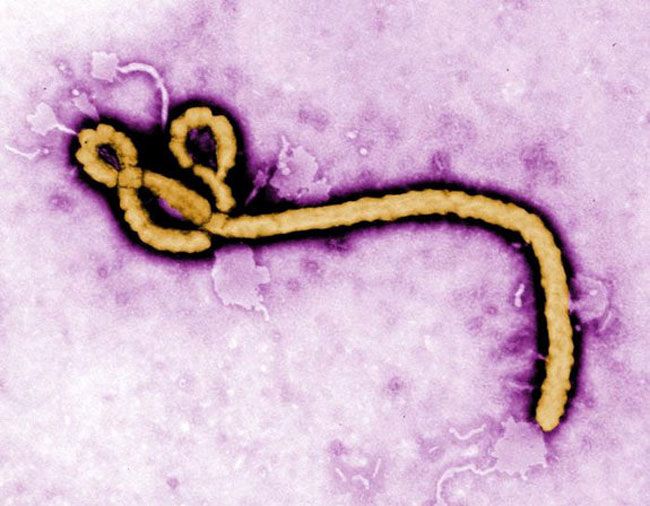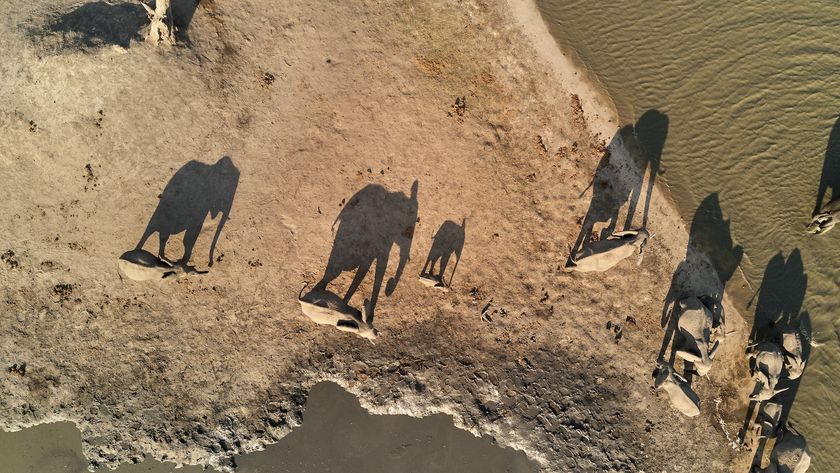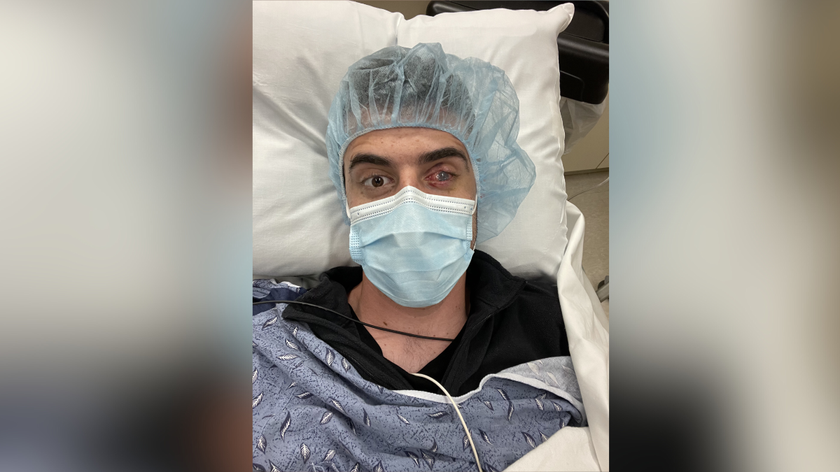CDC Warns Against Travel to Ebola-Affected Countries

Americans should avoid traveling to the three West African countries experiencing an outbreak of the deadly Ebola virus, the Centers for Disease Control and Prevention said today (July 31), as the agency stepped up its response to the worsening outbreak in the region.
The agency issued a "Level 3" travel warning for Guinea, Liberia and Sierra Leone, which means Americans should avoid nonessential travel to these countries.
Part of the reason for the advisory was concern that, if U.S. travelers needed to visit a hospital in these countries, the facilities would be deeply stressed from the outbreak, and the travelers would be at risk for exposure to Ebola, said Dr. Tom Frieden, director of the CDC. [10 Deadly Diseases That Hopped Across Species]
The agency also said it was scaling up its response to the outbreak by sending an additional 50 CDC specialists to the region. These experts will strengthen laboratory operations so that Ebola testing can be done rapidly, and engage in a number of other tasks to control the outbreak,Frieden said.
The CDC is also assisting in airport screenings to prevent sick people from traveling out of those regions.
So far, the Ebola virus, which first appeared in the region in December 2013, has infected more than 1,300 people in Guinea, Sierra Leone and Liberia, including at least 729 who have died, according to the World Health Organization.
The CDC and other agencies "are surging to begin to turn the tide. It's not going to be quick, it's not going to be easy, but we know what to do," Frieden said at a news conference today.
Sign up for the Live Science daily newsletter now
Get the world’s most fascinating discoveries delivered straight to your inbox.
In the best-case scenario, it will likely take three to six months to stop the outbreak, Frieden said. He likened the outbreak to a forest fire, where one undetected case "could reignite the epidemic."
The agency also stressed that the risk to the general U.S. population from the Ebola outbreak is low. If a person with Ebola were to travel to the United States, the country has measures in place to stop the spread of the disease, including ways to notify the CDC of sick passengers on planes, and to isolate patients if necessary, the agency said.
"In this country, we're confident that we would not have significant spread of Ebola even if we were to have a patient with Ebola here," Frieden said.
Earlier this week, the agency issued an alert to health care workers, advising them to be on the lookout for patients who show signs of Ebola. Doctors should consider Ebola as a possible diagnosis in people with fever or other serious illness, if they have traveled to Guinea, Liberia and Sierra Leone within the last three weeks, the agency said.
Follow Rachael Rettner @RachaelRettner. Follow Live Science @livescience, Facebook & Google+. Original article on Live Science.

Rachael is a Live Science contributor, and was a former channel editor and senior writer for Live Science between 2010 and 2022. She has a master's degree in journalism from New York University's Science, Health and Environmental Reporting Program. She also holds a B.S. in molecular biology and an M.S. in biology from the University of California, San Diego. Her work has appeared in Scienceline, The Washington Post and Scientific American.










